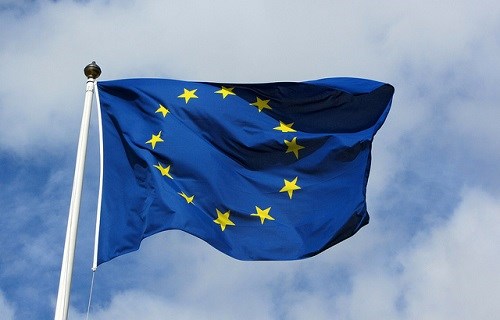EU Parliament stresses good governance in proposal for renewed sports policy
Following a report and a hearing evaluating the existing sports policy in the EU, the European Parliament has adopted guidelines and recommendations for shaping a new sports policy paradigm.
The adopted resolution focuses on three main areas for a renewed approach to sports policy:good governance, accessibility and integrity.
According to the adopted text, compliance with good governance standards should be a condition for the autonomy of sports organisations as well as for public funding. Underlining that sport is a cross-sectoral area, the MEPs believe that the improvement of sport’s integrity and good governance “requires a change in the mind-set of all relevant stakeholders”.
The text calls on sports organisations to put forward and implement “concrete proposals to enhance good governance standards (…) and to publish the outcomes”. The proposals should be put forward by 2018, the text says.
Match-fixing should be made a criminal offence and the text urges the EU Council and the Commission to facilitate that all EU Member States sign the Council of Europe Convention on the manipulation of sports competition.
Information sharing and important critical observers
Information sharing and cross-border cooperation is important in relation to the fight against doping about which the text notes the importance of WADA as the monitoring and coordinating entity of anti-doping policies and rules internationally.
To ensure sustainable legacies to mega-events, bidding countries must comply with good governance standards, with human and labour rights as well as follow democratic principles, the text says and also stresses the importance of a free and critical press.
“Sports bodies should ensure necessary access and news-gathering opportunities at all sport events for independent news media in order to allow them to fulfill their role as important and critical observers of sport events and of the administration of sports,” the adopted text says.
Sport as a fundamental right
The MEPs stress that activating citizens can prevent illnesses and contributes to a better life quality in a time in which the number of physically active is stagnating. The report also underlines that access to sport is a fundamental right and that sport should be seen as a means to integrate people across cultural and national lines.
“Sensitive fields and areas exist also in sport as stakeholders’ interests vary for example between recreational sports and organised sports, between grassroots sports and elite sports, between national lotteries and private betting operators and between federations and clubs. The target of this report is to increase cohesion and build bridges. At the same time, enhancing physical activity at all levels of society must be the primary target,” the explanatory statement about the initial report by MEP Hannu Takkula says.
More information
Read a summary of the adopted resolution
Read the full text:
An integrated approach to Sport Policy: good governance, accessibility and integrity






